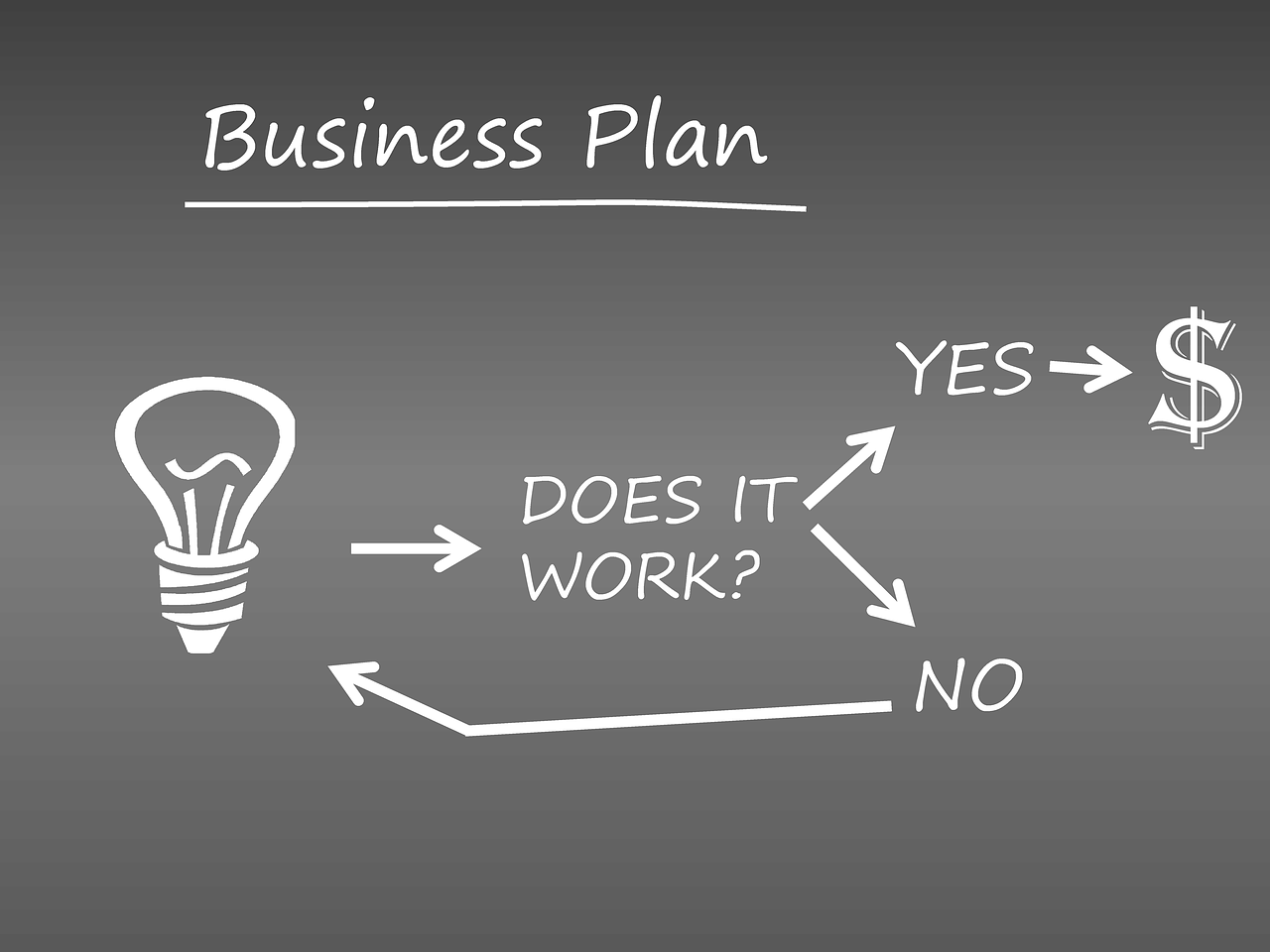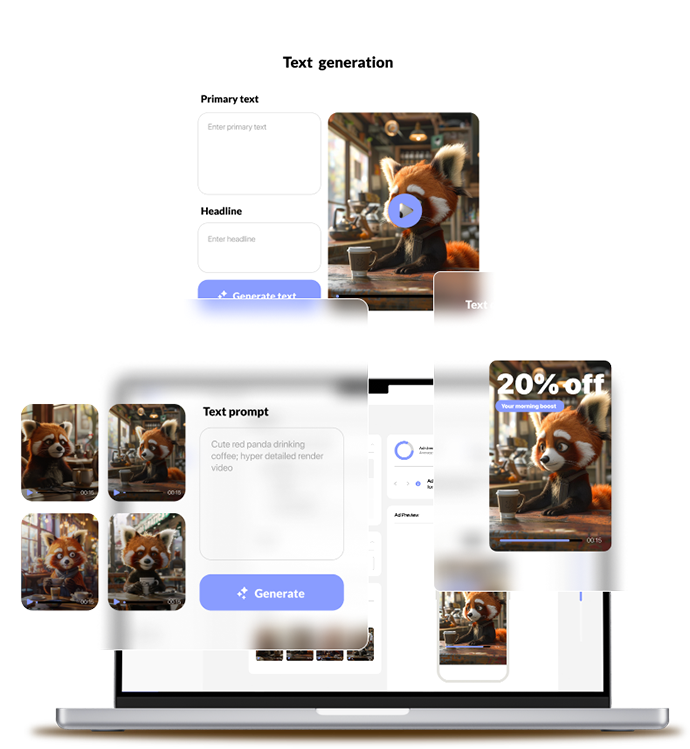
As a business owner, you’re probably familiar with the concept of data rooms. These secure areas are used to store sensitive information in an easily accessible manner. In the past, this meant a physical area where the documents lived. However, in today’s digital world, companies are turning to virtual data room for their information storage needs. Here’s why:
What is a virtual data room?
A virtual data room is a secure online environment where you can store, manage, and share confidential information. In short, it’s the perfect place to do business with people you don’t know well. There are many reasons why this type of software may be useful to you: it can facilitate workflows, allow parties to collaborate on a project, help with document management and records retention policies, increase transparency between multiple stakeholders across geographies, and much more.
What’s the role of a virtual data room?
A virtual data room is a secure online platform for sharing documents, reviewing documents, negotiating contracts, and exchanging data. It’s a place where you can safely keep your files and share them with people who are involved in the same project as you or the same transaction as you. You can use it to communicate with those parties, review their documents and communicate securely about confidential information.
When to use a virtual data room?
If you need to share confidential information with multiple parties and protect your data, a virtual data room (VDR) is the right tool for you. VDRs are online spaces where you can store and manage sensitive or proprietary files. They provide an easy way to share documents and other files securely between multiple users, whether they are located in different parts of the world or the same room as you.
The most common use cases for VDRs include mergers & acquisitions (M&A), corporate restructuring (bankruptcies, liquidations), private equity transactions, joint ventures/strategic alliances/partnerships, fund-raising rounds (IPOs), initial public offerings (IPOs), and legal proceedings involving litigation or regulatory enforcement actions against corporations.
Virtual data room features
A virtual data room (VDR) is a web-based application that allows you to share sensitive information with a large number of users. To ensure maximum security, ensure your VDR offers the following:
- Sophisticated search and sort tools
- User access controls
- Data encryption
- Data backup and recovery
- Data versioning
- Data compression
- Redaction capabilities
What to take into account with a virtual data room
When you’re looking to buy a product, you have to do some research. You need to make sure that the product will work for your business needs, has good reviews, and that it comes from a reputable company. The same goes for virtual data rooms (VDRs). If you want your business to succeed, take into account the following factors when choosing a VDR provider:
- Industry experience
- Deal experience
- Reputation with clients
- Client relationships built on trust and transparency
Conclusion
Virtual data rooms (or VDRs) are a great way to share sensitive, confidential information in a safe, secure environment. They’re used by both large and small companies, public and private companies alike.With that being said, access and technical support are key factors. The more accessible your VDR is to your clients and customers, the more likely they will be to use it.












:max_bytes(150000):strip_icc()/Term-Definitions_Digital-Marketing-5ae6ea1aee934b02a94a1a4d9401443d.jpg)




